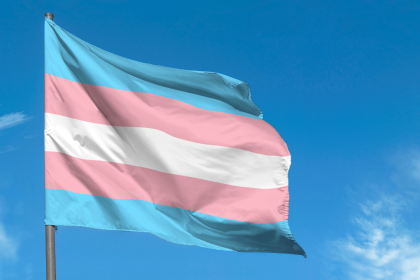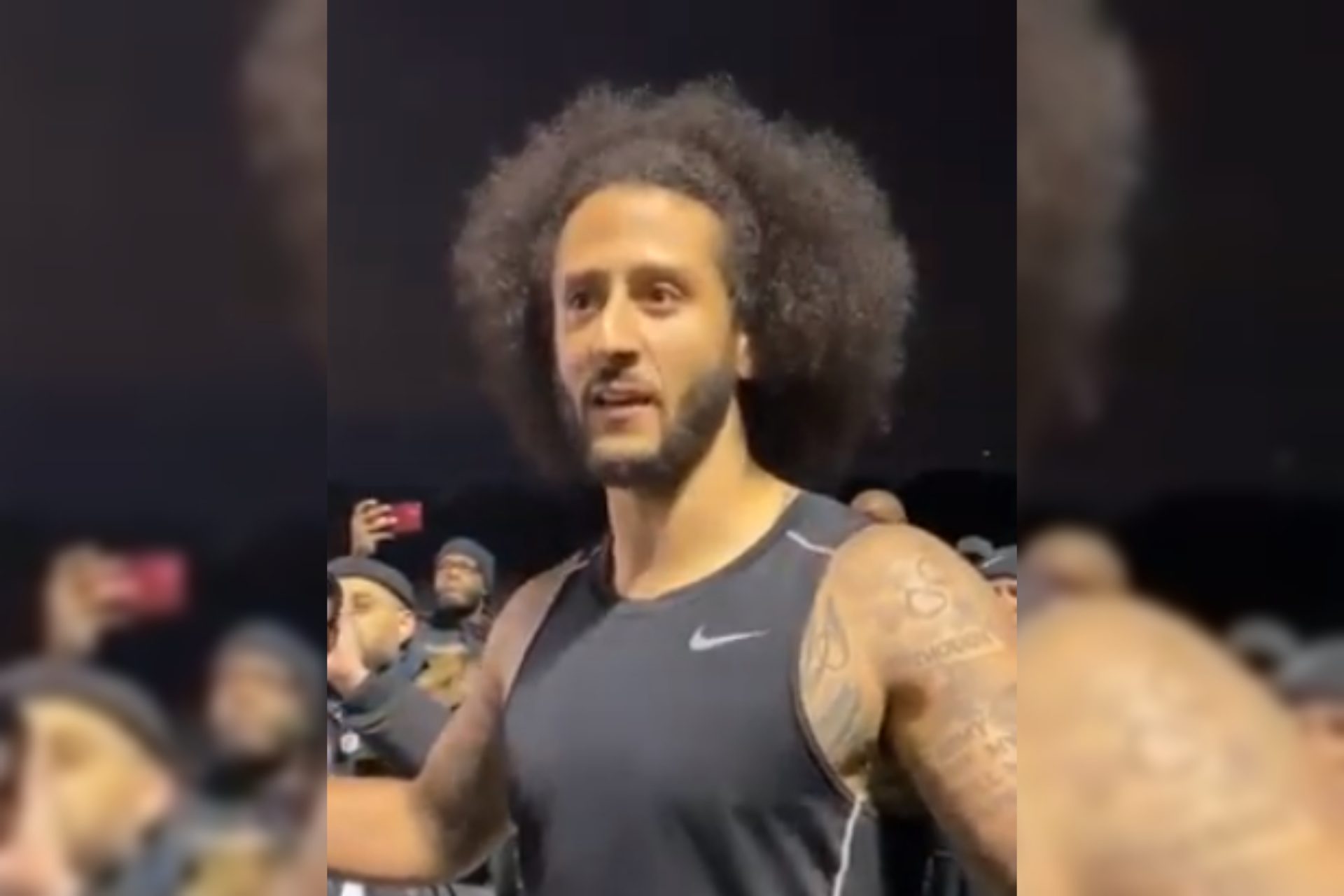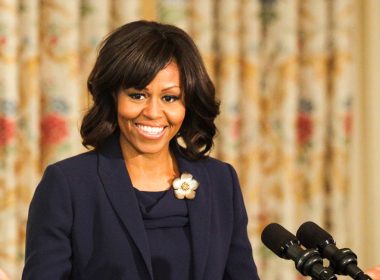
Colin Kaepernick jumped into a firestorm of controversy this week with hopes of sparking productive conversations and actions around racial injustice in America. Questions abound about his motives and whether his choice was born of courage or cowardice. Any analysis of his decision would have to start at his roots, where being adopted and raised by White parents along with their children likely informed his perspective from a very young age.
“I knew I was different to my parents and my older brother and sister,” the San Francisco 49ers quarterback once shared during an interview with US Magazine. “I never felt that I was supposed to be White. Or Black, either. My parents just wanted to let me be who I needed to be.”
His internal conflict with racial identity and the noticeable difference in how society treated him may have led Kaepernick on a path of introspection and education, and played into his decision to pledge Kappa Alpha Psi at the University of Reno.
“We used to go on these summer driving vacations and stay at motels,” he recalled. “And every year, in the lobby of every motel, the same thing always happened, and it only got worse as I got older and taller. It didn’t matter how close I stood to my family, somebody would walk up to me, a real nervous manager, and say: ‘Excuse me. Is there something I can help you with?'”
He was used to being singled out when the NFL came after him with questionable fines during the 2014 season, first for a racial slur he was proven not to have used, and later for wearing Beats by Dre headphones instead of those of league-sponsor Bose.
“All this stuff made me ask myself in a really focused way: ‘What do I represent?’ And you know what? My racial heritage is something I want people to be well aware of. I do want to be a representative of the African community, and I want to hold myself and dress myself in a way that reflects that. I want Black kids to see me and think: ‘Okay, he’s carrying himself as a Black man, and that’s how a Black man should carry himself.’”
Kaepernick recently dove deeper into understanding his racial background by reportedly taking an African American Studies class at UC Berkeley from Ameer Loggins. Loggins is a highly regarded doctoral candidate whose research explores reality TV as a social phenomenon, and how it effects the general perception of African Americans. He has also conducted research for Harvard University’s The Hip-Hop Archive, and currently works with Harvard’s Institute for Race and Justice on a series of summer forums.

One might speculate whether the subject matter of the class Kaepernick attended included some background on the national anthem, written during the War of 1812 by pro-slavery, anti-Black and anti-abolitionist D.C. aristocrat Francis Scott Key.
Key’s troops were defeated by Black soldiers in the Battle of Bladensburg. Originating as much as a patriotic song as it was a slap in the face to Black people who had the audacity to fight for their freedom, perhaps there’s a reason the battle hymn took almost 100 years to become the national anthem. The Star-Spangled Banner contains a little-known third stanza decrying the former slaves who successfully fought for the British army as part of the Corps of Colonial Marines:
And where is that band who so vauntingly swore,
That the havoc of war and the battle’s confusion
A home and a Country should leave us no more?
Their blood has wash’d out their foul footstep’s pollution.
No refuge could save the hireling and slave
From the terror of flight or the gloom of the grave.
And the star-spangled banner in triumph doth wave
O’er the land of the free and the home of the brave.
Colin Kaepernick, like those freed slaves fighting for the British, and like many Blacks of all socio-economic backgrounds, is apparently through waiting for times to change. #Blaxit is in effect, and it is more than a punchline. Tired of explaining #BlackLivesMatter and then having White people ask about Chicago and Black-on-Black crime, many Blacks and other people of color are increasing their self-knowledge and making their voices heard by any means necessary.
















